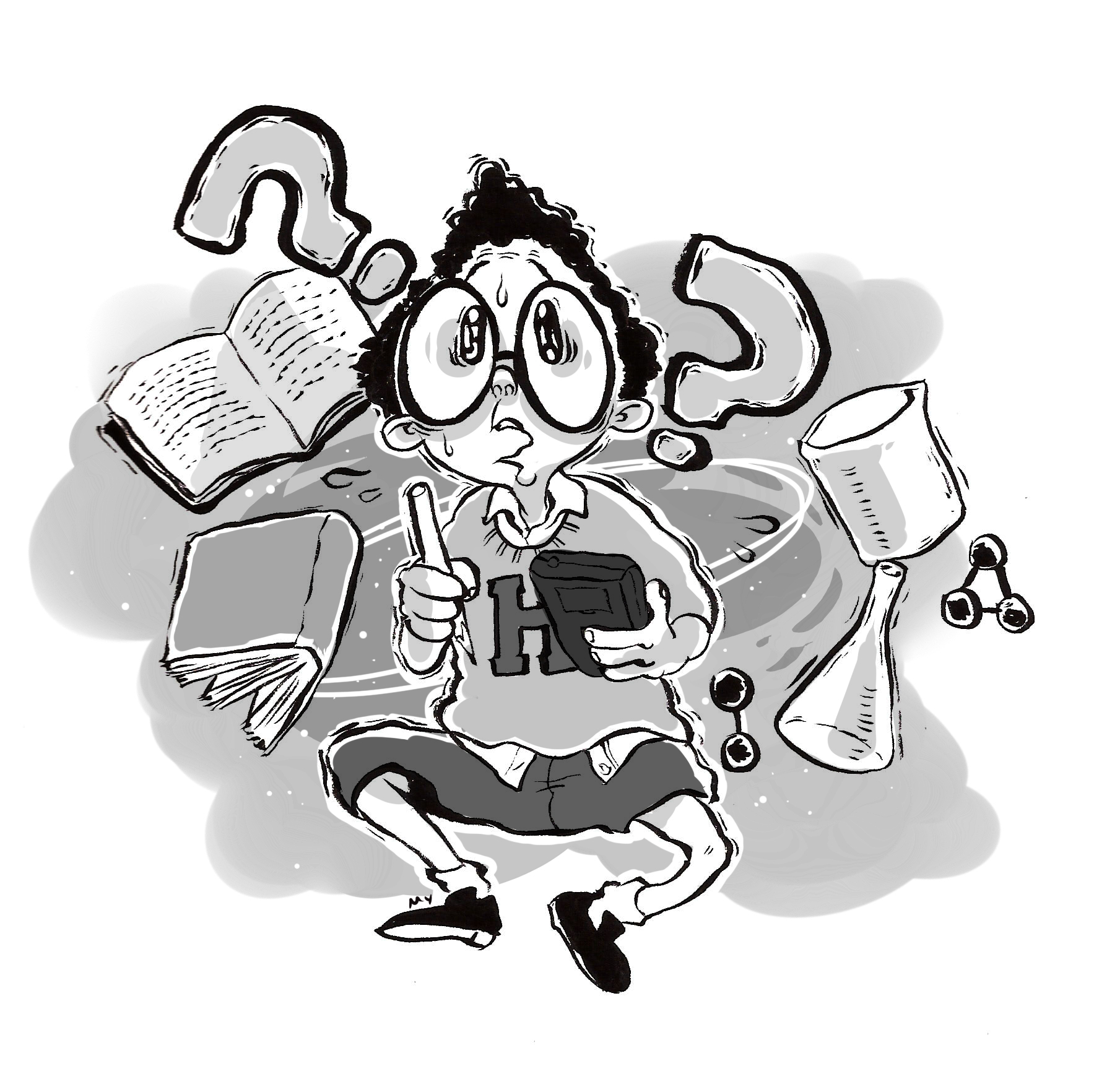
News
Garber Privately Tells Faculty That Harvard Must Rethink Messaging After GOP Victory

News
Cambridge Assistant City Manager to Lead Harvard’s Campus Planning

News
Despite Defunding Threats, Harvard President Praises Former Student Tapped by Trump to Lead NIH

News
Person Found Dead in Allston Apartment After Hours-Long Barricade

News
‘I Am Really Sorry’: Khurana Apologizes for International Student Winter Housing Denials
How General Education is Killing the Humanities at Harvard
A more balanced Gen Ed curriculum is necessary

In 1906, Harvard College offered students few options when it came time to decide on a plan of study and a concentration. In fact, the College offered one: History and Literature. From that impressive (though deceptive) height of popularity, the Humanities now recede—not like the tide, but a tsunami moonwalking back towards the epicenter of a tectonically proportioned intellectual earthquake.
Reports from a faculty committee tell us that only 11 percent of freshmen intend to pursue their undergraduate degree in the Arts or Humanities; a slightly less anemic 16 percent of total undergraduates have taken the plunge and wedded their fates to the future of the liberal arts.
With the dwindling stream of students taking their places in the once securely pre-eminent departments of the human sciences, dual problems of overcrowding and under-enrollment loom. Moreover, the diversity of experiences and curiosities vital to the concept of the modern university does not preserve itself in a vacuum; without a strong response to the problem, the future portends both dreaded groupthink and the banal experience of sitting in the dining hall with a table of identical organismic and evolutionary biology concentrators debating the merits of taking either Ethical Reasoning 18 or Stat 104.
I believe part of the problem comes into focus with the example above: the General Education Program. Rolled out in 2009, Gen Ed requires students to explore and study various disciplines. Through its eight categories, students must take three courses of empirical or hard sciences and five courses of humanities and social sciences. That’s right, the undergraduate curriculum explicitly favors the humanities, and, in granting them a pyrrhic victory, accelerates the decline of disciplines concerned with culture, aesthetics, and ethics.
According to its website, the General Education program aims “not to draw students into a discipline, but to bring the disciplines into students’ lives.” The view of education embodied in the newly minted curriculum, tinged with patina and ivy, is that arts and sciences must be linked, and linked they are. For students concentrating in a scientific or quantitative discipline, General Education courses offer respite, diversity, and exposure to novel ideas and techniques of inquiry. The same is true of students in the Humanities but they do not receive an equal bargain; without even trying, they fulfill five out of eight courses and find themselves faced with the daunting edifice of the sciences, without advice as to what courses offer them the 21st century quantitative skills needed for postgraduate study or employment.
It’s a miracle that any students hitch their wagons to the stars orbiting the vicinity of the Barker Center. The scientific disciplines offer structure, order, and skills salable to employers in this age of self-commodification and LinkedIn networking; the humanities lack broad introductory survey courses and rarely encourage or require a quantitative element as a companion to the qualitative potpourri of the course catalogue. This isn’t true of Government or Social Studies, but neither concentration is hurting (or hunting) for more concentrators; the attraction of these interdisciplinary social sciences is perhaps this curricular fusion of art and science.
Harvard’s curriculum needs amendment to salvage the Humanities; it needs to restore balance to the Gen Ed scorecard. One category must be a turncoat. Societies in the World could be the one; it’s similar superficially to both Culture and Belief and United States in the World—many courses that fulfill Societies also fulfill either of the companion requirements. But what to change it to? A requirement in Computer Science or Statistics? Engineering—electrical or mechanical? Any of these options would be an improvement.
Harvard College today offers students in the sciences world-class programs, faculty, and facilities. Students matriculate into a curriculum heavy on the humanities; so heavy, in fact, that no one need concentrate in them. Everyone essentially graduates, through General Education, with a secondary field in Humanities. For Humanities students, the curriculum exposes them to a bare minimum of three courses of hard(er) sciences: Many of the options in these categories are not equally as rigorous as entry-level science lectures. Does it need to be mentioned that the students who now study the humanities are those most averse to the high-powered, high-stakes lectures, those most unprepared for the curved grading system pitting them against pre-medical students or future financial wizards?
This shopping week, courses like Humanities 11A and 11B sought to open the door to the humanities for students unsure what to study. I applaud the effort, but await the opening of a curriculum that motivates Humanities students to leave their comfort zone, and requires that their plan of study include coursework as foreign and challenging to them as the humanities are to their peers.
Michael Thorbjørn Feehly ’14 is a History and Scandinavian studies concentrator in Mather House. His column appears on alternate Thursdays.
Want to keep up with breaking news? Subscribe to our email newsletter.
